Civil war, homeless families, hungry children – this is how History books have documented ‘humanitarian crisis’.
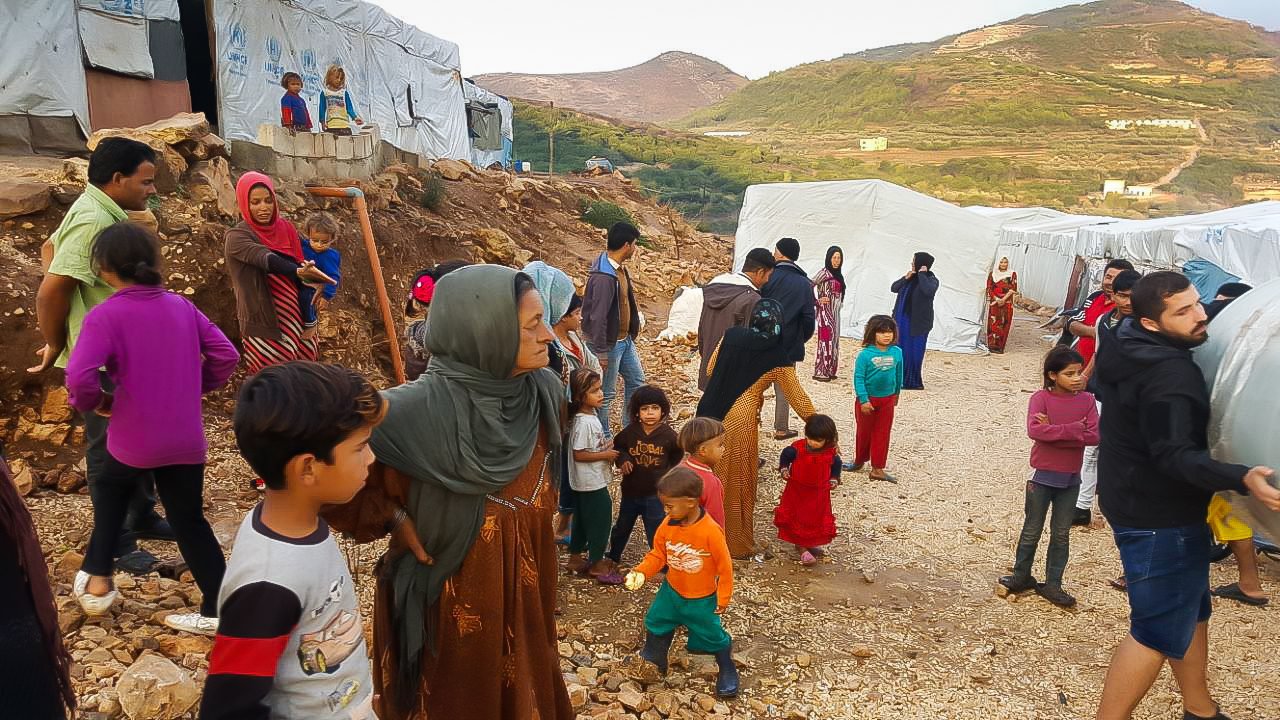
Today, as we see pictures of helpless migrant workers, hear news of companies laying off employees and kids dying of hunger, it feels like we are inching towards a humanitarian crisis.
United Nations defines ‘humanitarian crisis’ as a singular event or a series of events that are threatening in terms of health, safety or well being of a community or large group of people.
India could be facing a full-blown humanitarian crisis, especially if the government decides to extend the lockdown.
— Zimal (@Zimalxe) May 17, 2020
#COVID__19 #India pic.twitter.com/8YUXN59eJH
TBH, health, safety and well being, all of these are under threat right now. And while the coronavirus pandemic itself qualifies to be one of the reasons, we in India, are facing a crisis for humanity like never before.
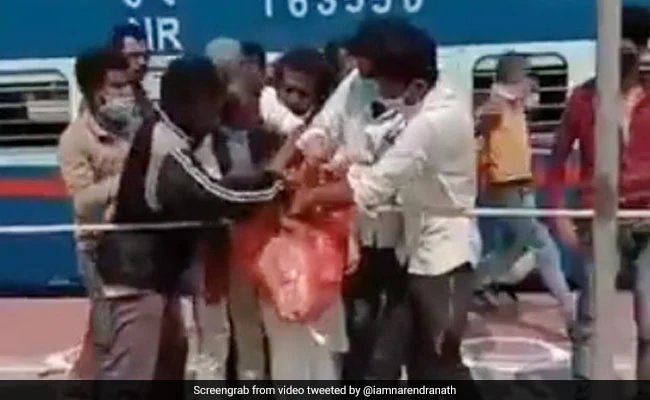
With no roofs on their heads, no food and water, and no means of livelihood, lakhs of migrant workers were forced to take off on foot, in the absence of transport, when the lockdown was announced.
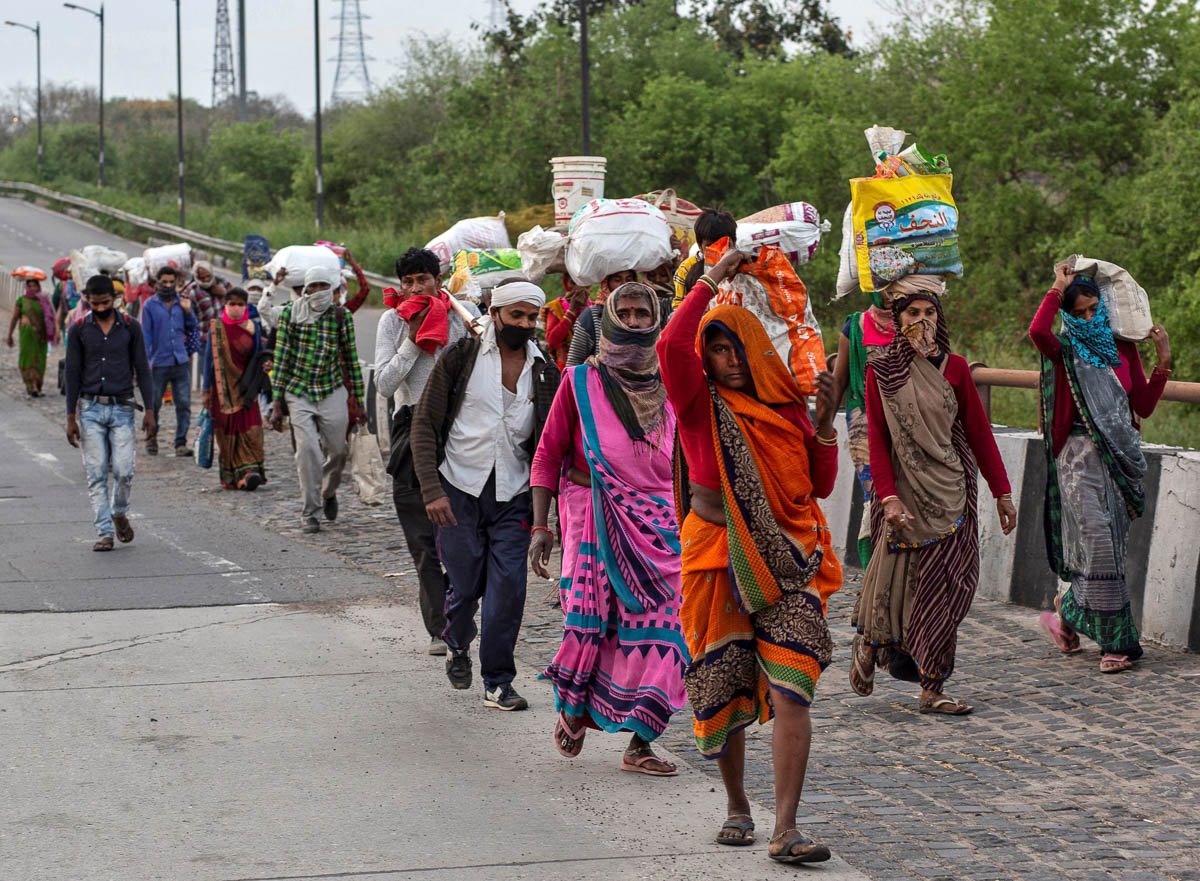
They have been walking for days to reach their homes, back in villages.
During their arduous journeys, while some died of hunger and exhaustion, many others lost their lives in road and rail accidents.
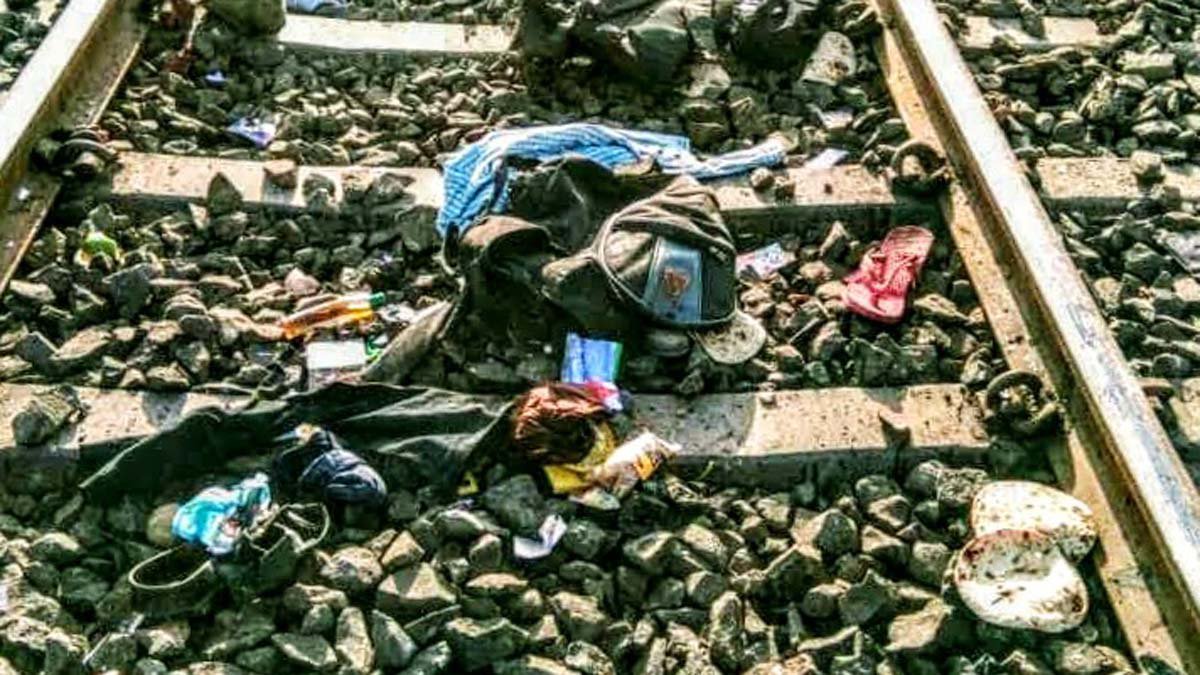
They have turned refugees in their own country.
How can people be “migrants” in their own country?
— Ram Subramanian (@VORdotcom) May 17, 2020
India probably is the only country where people turn Migrant and Refugees in their own country
— K. Gaurav Singh Rampuri 🇮🇳 (@kumargaurav82) May 17, 2020
Data from Stranded Workers Action Network (SWAN) shows that around 95% of distressed workers did not have access to ration provided by the government, till April 26. According to the same survey, a majority of the migrant workers were unsure about what they’ll do post-lockdown.
BJP Govt claimed locking up entire India, killing the economy & pushing the poor to suffer, creating worst humanitarian crisis in India will help us prevent Covid19 outbreak within 21 days.
— Gaurav Pandhi (@GauravPandhi) May 12, 2020
On 49th day of lockdown, with more than 70,000 cases, turns out none of it worked. Next?
These informal workers are the backbone of our economy. From construction of houses and their maintenance to cooking and serving food in eateries, they have been everywhere.
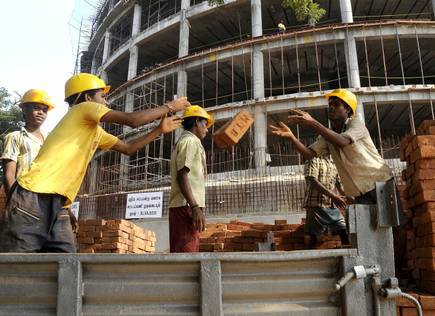
With businesses shut and unavailability of labour, it has been predicted that India will face huge food shortages in future. This will further lead to a rise in the prices of essential commodities.
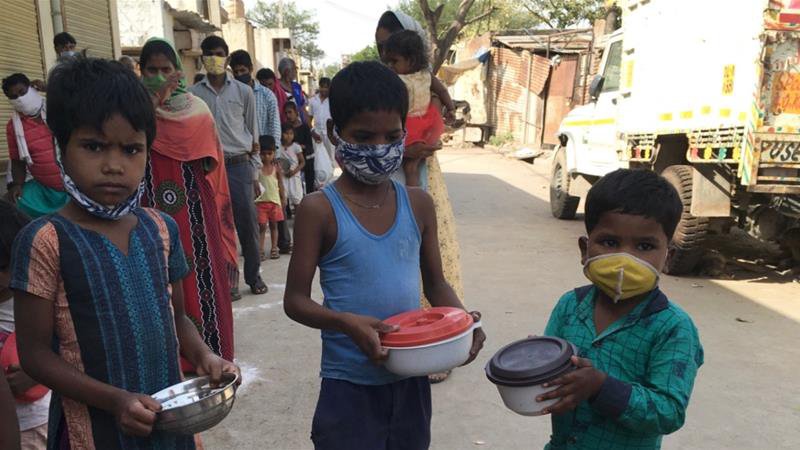
Although farming has been declared an essential service and agriculture markets are exempted from the lockdown, the supply chain has been badly hit due to the suspension of transport services and hurdles in moving across state borders.
Millions in the country are left to worry about how and when they’ll get enough to feed themselves and their families.
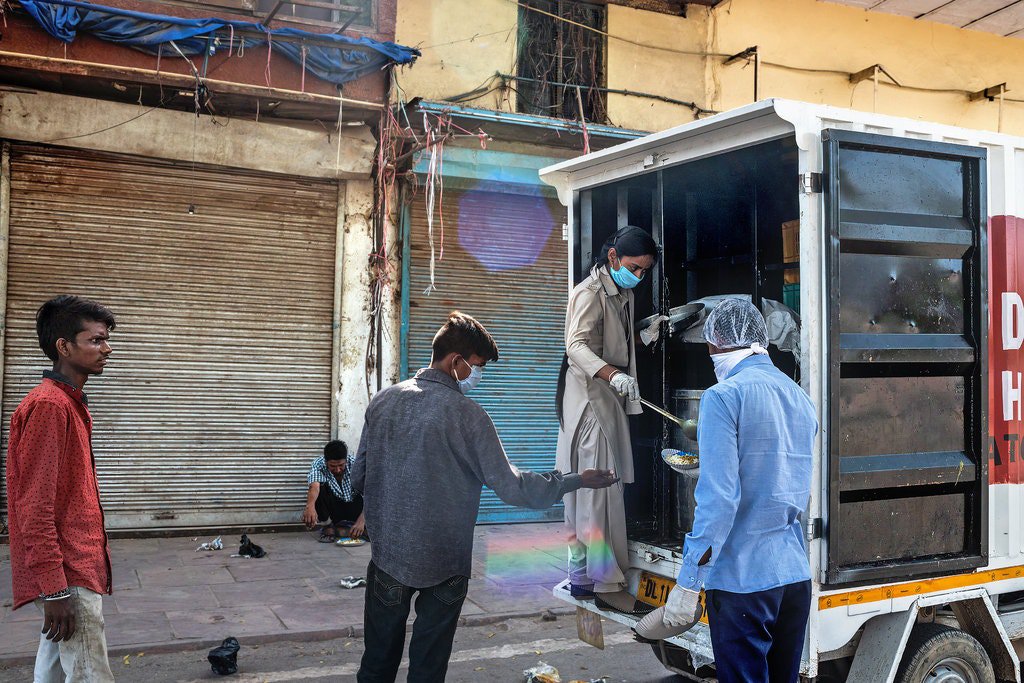
There have been significantly high job losses among younger Indians during the lockdown. As many as 6 crore people between the ages of 20 and 39 lost their jobs in April, according to data from the Centre for Monitoring Indian Economy (CMIE).
Speaking about the seriousness of the situation, CMIE managing director, Mahesh Vyas, said:
This has serious long-term repercussions. It is during this age that young India builds its career in the hope of a bright future. If the career of this cohort is disrupted or postponed by even a year it will have to compete with the new cohorts joining the labour force after them – arguably, for fewer jobs. Young India will not be able to build the savings it will require later in life.
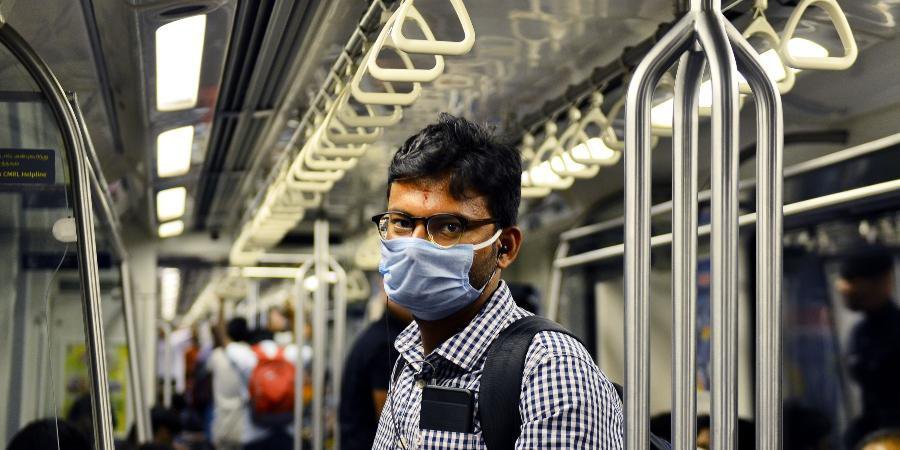
With nothing substantial coming for the jobless youth from the ₹20 lakh crore financial package announced by the government, it will become really difficult for them to remain without jobs for long.
Household savings will be impacted the worst, leading to deterioration of mental health.

The pandemic can surely be devastating, but the lockdown in India has already started showing its devastating effects.
While it is impossible to cover this miserable situation in figures and studies, they do point to a humanitarian crisis that India will find very hard to overcome, in the near future.

















